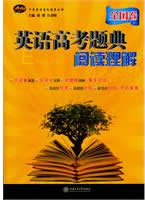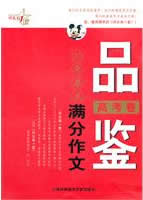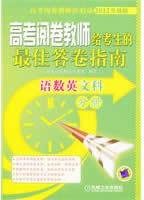Can
What you think it means: What is permissible�。你以為單詞的含義是:可行的。What it really means: What is possible����。單詞的真正含義是:可能的����。
This is one you have to nip in the bud in childhood because it’s much harder to correct in adulthood. When you can do something, you have capacity within you to perform that action regardless of whether or not you actually do it. I can bang my head into my desk but I absolutely will not do it. When people use can incorrectly it is because they mean to use the word "may".When you ask someone if they can open the door, you did not ask them to open the door. You asked them if they were capable of opening the door. If you wish for them to perform the task, you should ask if they will open the door. When you ask if you can have something, you’re not asking someone to give it to you. You’re asking if you have the capacity to own it. If you need something, ask if you may have it�。這個(gè)單詞的使用必須在兒童時(shí)就開(kāi)始注意�,一旦用錯(cuò),成年以后就很難糾正了���。當(dāng)你can(可以)做某事時(shí)�����,即意味著不管實(shí)際行動(dòng)與否�,你自身都有能力去采取那個(gè)行動(dòng)�����。我can(可以)把頭撞到桌上�����,但我絕對(duì)不會(huì)這么去做�����。有時(shí)人們錯(cuò)用can這個(gè)單詞,是因?yàn)樗麄儽鞠氡磉_(dá)may(可能)�����。當(dāng)你問(wèn)別人是否can(可能)開(kāi)門(mén)時(shí)����,你其實(shí)并沒(méi)有要求對(duì)方一定得開(kāi)門(mén),只是在詢(xún)問(wèn)對(duì)方能不能開(kāi)門(mén);要是你希望對(duì)方開(kāi)門(mén)�,你就會(huì)直接問(wèn)“是否開(kāi)門(mén)”了。當(dāng)你問(wèn)對(duì)方是否can(可能)有某事物����,你其實(shí)并沒(méi)有要求對(duì)方把它給你,你只是在問(wèn)對(duì)方有沒(méi)有擁有那個(gè)東西的可能性�����。如果你需要某物�,你會(huì)直接問(wèn)“是否可以擁有它”。






